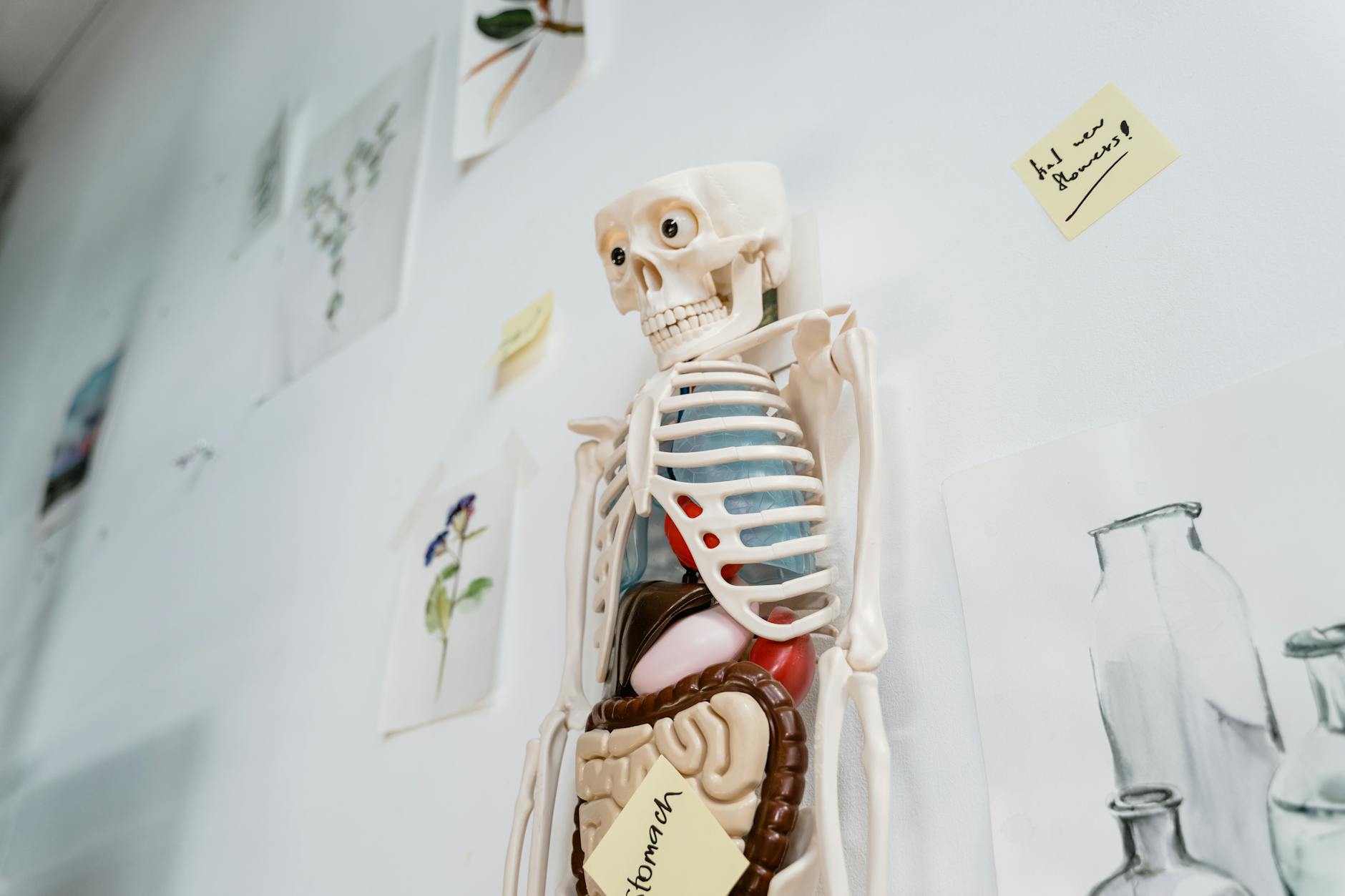How to Manage Career Change Effectively in Australia

Assessing Personal Goals
Identifying Career Aspirations
Understanding oneself is paramount before making any significant career change. Your personal goals are the cornerstone of a satisfying career path. Reflect on what genuinely excites you and aligns with your values and ambitions. Consider asking yourself questions like: What careers have always interested me? Which roles resonate with my strengths and values? Visiting local landmarks like the tech-centric incubators at Stone & Chalk in the Sydney Startup Hub can be inspiring.
Evaluating Current Skills
Once you've identified your career aspirations, the next step is to evaluate your current skills. Start by listing out all the skills you've acquired through previous jobs, education, and personal projects. Then, match these skills with the qualifications required for your desired career. This gap analysis can help identify areas for improvement. For instance, obtaining a certificate 4 in business administration can be beneficial for transitioning into management roles.
Seeking Mentorship
Seeking advice from someone experienced in your field of interest can be invaluable. A mentor can provide guidance, share personal experiences, and offer insights that you might not find elsewhere. Connect with professionals through LinkedIn, industry events, or professional forums. Engaging with a mentor can direct your focus on relevant skills and certifications, such as a certificate 3 in disability for those eyeing the healthcare sector or project management courses online for aspiring project managers.
Aligning your goals, assessing your skills, and seeking mentorship will solidify the foundation for a successful career change.
Researching New Opportunities
Exploring Sectors in Demand
When considering a career change, it's crucial to identify sectors with growing demand. For instance, if you're based in Melbourne and looking to move into a more specialised role, you might explore areas like occupational health and safety. Sectors such as construction, healthcare, and manufacturing are continually seeking skilled professionals to ensure workplace safety. Certifications like Certificate 3 in Aged Care can make you a strong candidate in these high-demand fields.
Analyzing Job Market Trends
Staying updated on job market trends is essential for making informed career decisions. Utilise resources like industry reports, job market analysis, and professional forums to understand which skills are becoming obsolete and which are gaining traction. Additionally, local resources such as the tech-centric incubators at Stone & Chalk in the Sydney Startup Hub can provide insights into emerging industries and employment trends. It's about recognising the shifts in the market and aligning your career advancement strategies accordingly.
Networking Strategies
Effective networking can be your gateway to new career opportunities. Engaging with professional groups and attending industry-specific events are excellent ways to build connections. Platforms like LinkedIn are invaluable for networking with specialists in your field and discovering career possibilities. You might also consider reaching out to alumni groups from courses such as the certificate iv in project management. Establishing these connections allows you to tap into their experience and potentially identify job openings before they are advertised publicly.
Incorporating these strategies can substantially improve your career transition and open up new pathways for professional growth.
Upskilling and Education
Choosing Relevant Courses
When considering a career change, it's essential to identify the courses that will best equip you for your new path. For those looking to delve into the ever-evolving field of artificial intelligence, enrolling in Web Development Courses could provide you with the cutting-edge knowledge needed to stay competitive.
Balancing Work and Study
Balancing work and study can be challenging, but it's not impossible. One effective strategy is enrolling in flexible programs that accommodate your work schedule. For example, many professionals find success with part-time study options or online courses. If you're currently working in business administration, a certificate iii in business administration could enhance your existing skills while fitting into your tight schedule.
Leveraging Online Learning
Online learning platforms provide an excellent opportunity to upskill without the need for physical attendance. They offer the flexibility to learn at your own pace, which is particularly beneficial for busy professionals. Picture yourself studying on a sunny afternoon while strolling through the tranquil paths of the Royal Botanic Garden Sydney. This flexibility allows you to integrate learning seamlessly into your daily routine while enjoying some fresh air and nature.
Whether it’s diving into specific industry knowledge or acquiring broad-based skills, remember that the right courses can significantly enhance your career prospects and provide the foundation needed for a successful transition.
Updating Your Application Materials
Crafting a Targeted Resume
When updating your resume for a new career, it's crucial to tailor it specifically to the job you're aiming for. Focus on highlighting experiences and skills that align closely with the new role. For instance, if you're transitioning from a construction safety role to a data-related job, ensure your resume reflects any technical courses or certifications you've completed.
Personalizing Cover Letters
A well-personalized cover letter can set you apart from other applicants. Use it to explain your motivation for the career change and how your existing skills are transferable. Align your experiences with the job requirements and show genuine interest in the company. It's also effective to mention any local tech-centric incubators like Stone & Chalk in Sydney Startup Hub, which demonstrates awareness of industry hubs.
Building a Strong LinkedIn Profile
Your LinkedIn profile is an essential tool for career transition. Make sure it reflects your new career aspirations. Add all relevant certifications, such as a certificate iii in information technology, and update your headline to include your new career goal. Include a detailed summary that showcases your journey, emphasizing any data analyst course you’ve undertaken to boost your qualifications. Additionally, don't forget to gather recommendations from colleagues and supervisors to bolster your professional credibility.
Best Practices
Customising Job Applications
Tailoring job applications is akin to customising a resume for a software developer role at a tech-centric incubator like Stone & Chalk in the Sydney Startup Hub. Each application should highlight your unique value proposition, much like highlighting specific coding languages or project management skills. Personally, I find:
- Researching the Company: Understanding the company's culture and values ensures your application resonates with their vision.
- Relevant Keywords: Use role-specific keywords such as "work from home jobs brisbane" or "5285 jobs to get found by applicant tracking systems (ATS).
- Showcase Transferable Skills: Emphasise skills that bridge your past and future roles, reflecting adaptability similar to updating software for new requirements.
Interview Preparation Strategies
Picture preparing for an interview with the same meticulousness as debugging a complex code. Here’s how you can effectively prepare:
- Mock Interviews: Practise with a friend or mentor, focusing on potential questions specific to roles like "online IT courses".
- STAR Method: Structure responses around Situation, Task, Action, and Result to provide clear, concise answers.
- Research Company’s Trends: Understand current projects or challenges they might be facing, aligning your skills and experiences to these.
Negotiating Job Offers
Negotiating a job offer can feel daunting, but it’s crucial to approach it with the confidence of pitching a groundbreaking startup in a Surry Hills co-working space.
- Know Your Worth: Use local market data to assess fair compensation for roles in your target industry.
- Consider Total Compensation: Factor in benefits, work-life balance, and professional development opportunities alongside salary.
- Be Open to Dialogue: Communication is key. Be clear about your expectations while also being open to compromise.
By employing these strategies, you can navigate the job application process as smoothly as a leisurely stroll through the tranquil paths of the Royal Botanic Garden Sydney.


